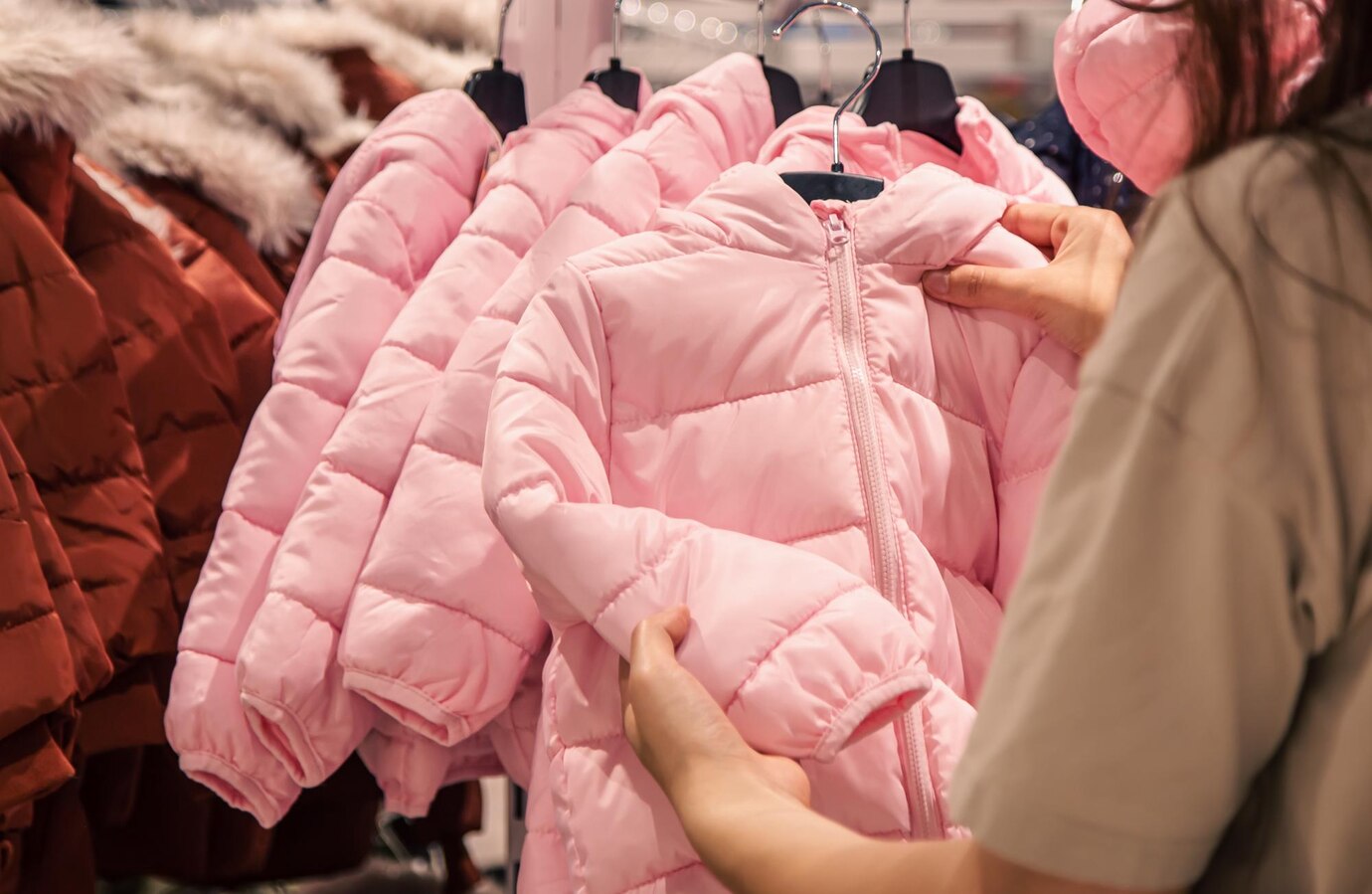In a pivotal shift towards environmental consciousness, the fashion industry is undergoing a significant transformation, with sustainability taking center stage. Fashion brands worldwide are increasingly adopting sustainable practices and materials to mitigate their environmental footprint and address growing consumer demand for eco-friendly fashion.
From luxury labels to fast-fashion giants, companies are reevaluating their supply chains and production processes to minimize waste, pollution, and resource depletion. This paradigm shift comes in response to mounting concerns over the industry’s significant contributions to environmental degradation, including water pollution, greenhouse gas emissions, and textile waste.
One of the key pillars of this sustainability movement is the adoption of eco-friendly materials. Traditional fabrics like cotton, which often require extensive water and pesticide usage, are being replaced with organic cotton and innovative alternatives such as recycled polyester, Tencel, and hemp. These materials not only reduce the environmental impact of fashion production but also offer consumers stylish and durable clothing options.
Moreover, fashion brands are reimagining their manufacturing processes to prioritize energy efficiency and waste reduction. Many are investing in renewable energy sources, implementing closed-loop systems to recycle water and chemicals, and adopting circular economy principles to extend the lifespan of garments through repair, resale, and recycling initiatives.
The rise of sustainable fashion goes beyond just materials and production methods; it encompasses the entire lifecycle of clothing, from design to disposal. Designers are integrating longevity and versatility into their creations, producing timeless pieces that transcend fleeting trends and encourage consumers to invest in quality over quantity.
Furthermore, the fashion industry’s embrace of sustainability is reshaping consumer behavior and expectations. Today’s consumers are increasingly conscious of the environmental and social impact of their purchasing decisions, driving demand for transparent and ethical fashion brands. As a result, companies are facing pressure to disclose their sustainability practices, engage in fair labor practices, and support ethical supply chains.
This shift towards sustainability is not without its challenges. Fashion brands must navigate complex supply chains, invest in research and development, and educate consumers about the importance of sustainable fashion. However, the momentum is undeniable, with sustainability poised to become the new standard in the fashion industry.
As we move towards a more sustainable future, the fashion industry’s commitment to environmental stewardship offers hope for a greener, more ethical approach to style and consumption. By embracing sustainability, fashion brands have the power to not only reduce their environmental impact but also inspire positive change across industries and communities worldwide.

